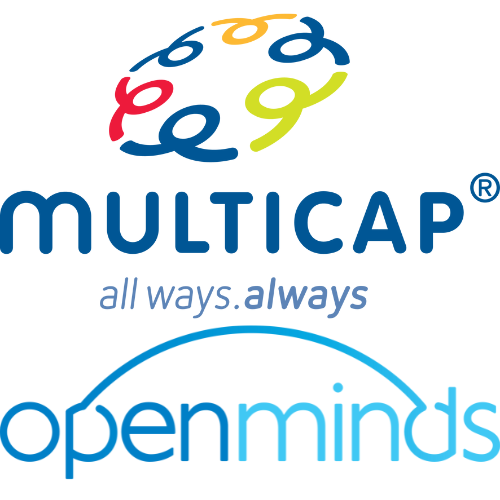
Saturday, 26 July 20251:00 PM - 2:15 PMHindley 3 |
Culturally Responsive and Compassion-based Functional Assessment Interviewing
Preeti Vogel1,2, Yukie Kurumiya2, Amanda Mahoney2, Robyn Catagnus2, & Rebecca L. Beights1 1The Centre for Positive Behaviour Support (CPBS); 2The Chicago School Abstract: An initial functional assessment often serves as the first point of contact between practitioners and caregivers from diverse cultural backgrounds. This initial contact is crucial for gathering essential participant information but also establishing a collaborative interpersonal and therapeutic relationship with the key stakeholders (Beaulieu et al., 2019; Jimenez-Gomez & Beaulieu, 2022). Considering the cultural and linguistic diversity in the Australian community, it is imperative that Australian practitioners have competency with incorporating culturally responsive and compassionate care skills when conducting assessments. This study evaluated the effects of a remote training package for conducting initial functional assessment interviews with three practitioners using a multiple baseline across skills design. Participants were taught functional assessment interviewing skills, cultural responsiveness, and compassionate care skills sequentially. The effects of the training were maintained after 1 to 2 weeks and 3 months following training completion. The utility of practitioner training and the socially valid effects of culturally responsive and compassion-based functional assessment interviews will be discussed. Implications for collaborating meaningfully with stakeholders will be highlighted within discussion of results and future directions. Target Audience: Behaviour analysts, behaviour support practitioners, supervisors, researchers Learning Objectives: At the conclusion of this presentation, participants will be able to:
|
Working with Culturally Diverse Communities: Insights from Australian Qualitative Research Involving Chinese and South Asian Families |
Kathleen Franks
Autism Partnership Australia Abstract: Early intervention (EI) is critical for autistic children, yet minority ethnic families face challenges in accessing and engaging with supports. While previous research has highlighted parents’ struggles, there is limited understanding of how to better support these families while adhering to ethical standards of cultural humility (2.1; ABAA, 2022) and cultural responsiveness and diversity (1.07; BACB, 2022). This presentation synthesises findings from three studies examining the experiences of Chinese and South Asian migrant parents accessing early supports in Australia, alongside insights from EI professionals. Qualitative research was conducted using semi-structured interviews with Chinese (n=19) and South Asian (n=13) parents, as well as EI professionals (n=18). Reflexive thematic analysis was used to explore experiences and perspectives. Parents faced significant barriers, including language difficulties, stigma, limited autism knowledge, and restricted service options. Chinese parents often relied on informal networks, while South Asian parents experienced greater isolation. Both groups valued goal-driven, intensive supports. Professionals highlighted challenges in aligning intervention priorities with parents, addressing parental mental health needs, and navigating rigid funding models. To enhance supports, professionals should foster clear communication, collaboration, and community belonging, ensuring culturally responsive and ethical family-centered approaches that address both child and caregiver needs. Target Audience: Behaviour Analysts working in Early Intervention with Chinese and/or South Asian families Learning Objective: At the conclusion of this presentation, participants will be able to: 1. Document and act upon cultural considerations affecting assessment and intervention 2. Collaborate with CALD families to individualise goal setting and intervention to incorporate culturally appropriate practices BACB CE Instructor: Kathleen Franks |




.png)


